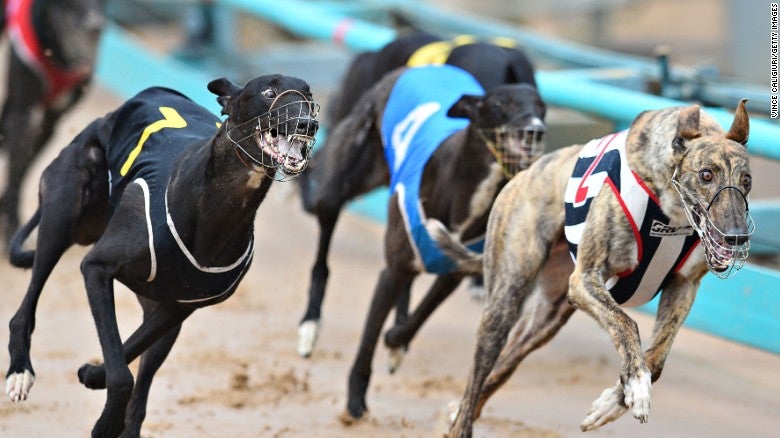WCP: Greyhound Racing in Australia: The Demise of a Working-Class Pastime (and Why That’s a Good Thing)
Posted in Visiting Scholars | Tagged Animal Cruelty, Australia, Dog Racing, Great Britain, John Russo, Sarah Attfield, Sherry Linkon, United Kingdom, WCP, Working-Class Culture, Working-Class Perspectives
In Australia, dog racing provides both entertainment and jobs to working-class people, yet the practice is also rife with cruelty and abuse. In this week’s Working-Class Perspective, Sarah Attfield explores the tension between working-class culture and the ethics of such customs.
Although class is not generally discussed in Australia in an explicit way, those in power sometimes acknowledge class differences and use them to justify or sell a particular policy. Suddenly, the working class exists and is under siege by the elites. Australians generally dislike snobbery, so suggesting that the ban reflects elite scorn for working-class activities is a clever tactic. But such arguments hide the wealth tied up in the industry and the money made through gambling. Most of the big players in the greyhound industry are not ‘battlers’.
It is true though that greyhound racing has been a working-class pastime. Some working-class people keep a couple of dogs and race them as a hobby. I’m sure many of these dogs are much loved and well looked after, and they are not necessarily euthanized when they stop being successful on the track. But the cruelty within the industry is systemic, and individual dog owners doing the right thing doesn’t counter the widespread abuse of the animals. And even the most diligent owner can’t prevent dogs from being injured during races or training.
Read the post in its entirety (new window) and check out other Working-Class Perspectives posts on our website.

